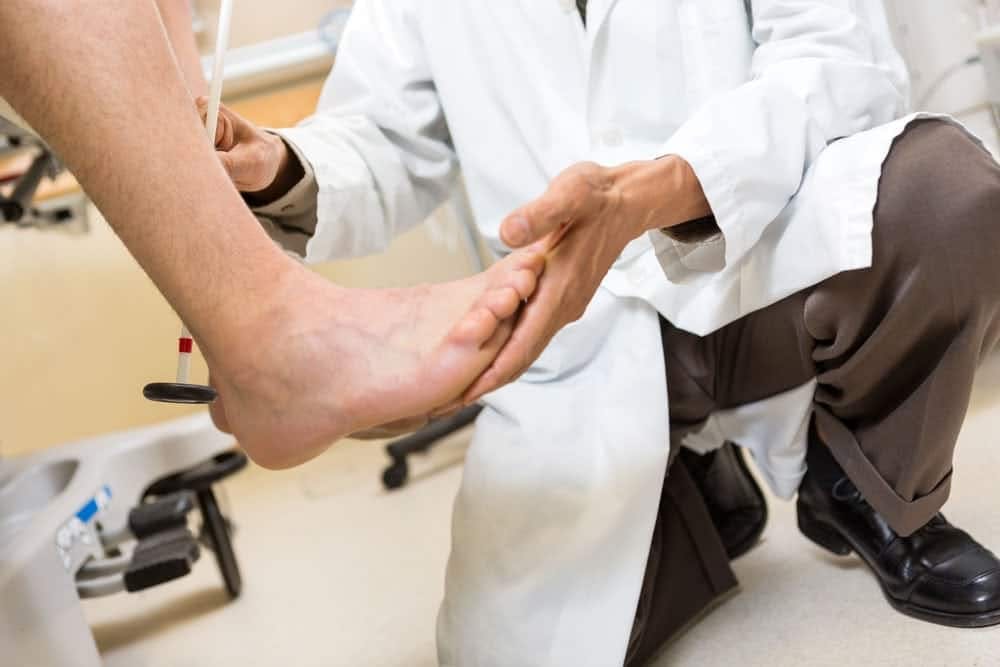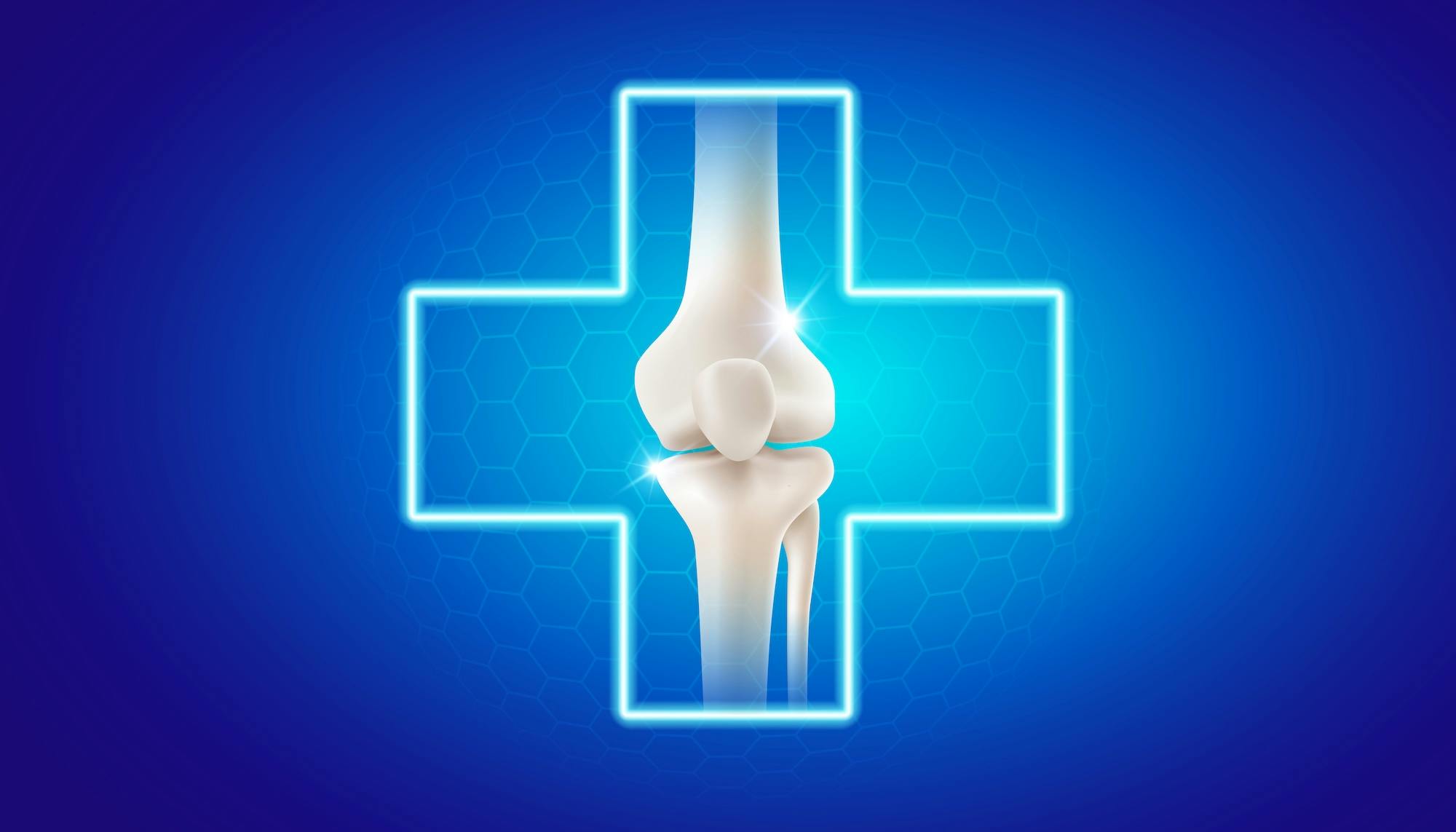- Blog
Symptoms of Achilles Tendinitis
Posted on 03-28-2025 in Achilles Tendinitis by Dr. Erik Nilssen

Posted on 03-28-2025 in Achilles Tendinitis by Dr. Erik Nilssen
Achilles tendinitis happens when the tendon that connects your heel to the back of your leg becomes painful and swollen close to the bottom of your foot. This tendon, called the Achilles tendon, enables you to push your foot down when you walk, run, or perform other movements. You use this tendon during activities, such as jumping and running.
Participating in high-impact, strenuous exercise, like running, is a common cause of Achilles tendinitis. If you ignore this condition, it can result in you rupturing or tearing your tendon. If you rupture or tear this tendon, it is crucial that you seek treatment immediately.
SYMPTOMS OF ACHILLES TENDINITIS
Pain in your tendon that gradually builds up over time is a common symptom of Achilles tendinitis. The pain you experience with this condition often starts off mild (feels more like an ache) above your heel or in the back of your leg after a sports activity, like running. More serious pain can occur after prolonged sprinting, running, or stair climbing. Other Achilles tendinitis symptoms include:
Since this condition is degenerative and often changes the structure of the tendon, as well as causes extreme pain, tearing, and serious damage, it is essential that you recognize and pay attention to your symptoms and see a doctor immediately.
CAUSES OF ACHILLES TENDINITIS
There are numerous reasons you could develop this condition. It’s easier to avoid some causes than others, but either way, getting a diagnosis early can help prevent severe injury. This condition is chronic and happens usually from overuse.
Typically, it comes on gradually with time until you experience constant pain and activity or exercise becomes too painful for you to continue. If you experience an achy or sore Achilles tendon, it’s important that you rest it right away.
Lack of flexibility in the muscles of your calves is another big contributor of this condition. This causes your muscle to shorten resulting in more tension in your tendon. Another contributor is overuse and sudden increase in activities like speedwork, training mileage, and hill running. An injury to the Achilles tendon is slow to heal due to a limited blood supply. Recognizing signs like aches, tension, or tenderness early on is an essential part of treating tendon injuries.
TREATMENTS FOR ACHILLES TENDINITIS
Self-care measures can help with tendinitis. However, if your symptoms and signs are persistent or severe, your doctor can recommend other options for treatments. If you are taking naproxen, ibuprofen or other over-the-counter pain medications and that is not enough, stronger medications might be prescribed for you to relieve pain and reduce inflammation. Other treatments offered by an ankle and foot center include physical therapy, orthotic devices, or surgery.
If you are experiencing severe or persistent pain around your Achilles tendon, you can schedule an appointment by clicking the link below. If your disability or pain is severe, get immediate medical attention. You could very well have a ruptured or torn Achilles tendon.
Download our free ebook, to learn more about the causes, symptoms, prevention, and treatment of Achilles tendinitis.

March is National Nutrition Month®, and as part of the conversation, the North Florida Bone & Joint team wants to emphasize the impact diet can have on your bone health. Before diving in, it's essential to understand the role the skeleton plays in your body. Specifically, the skeleton—and the bones its comprised of—serve the following functions:

Valentine’s Day is all about love—so why not show your joints some love, too? Whether you’re an athlete, an active adult, or simply looking to maintain mobility as you age, taking care of your joints is essential for long-term health and well-being. At North Florida Bone & Joint Specialists, we believe that self-care isn’t just about relaxation—it’s about making intentional choices to keep your body strong, pain-free, and resilient. Here are four self-care tips to keep your joints healthy and moving with ease:

Pickleball is more than just a fun, fast-paced game—it’s one of the fastest-growing sports in the country. With its easy learning curve and appeal to players of all ages, it’s no wonder that pickleball courts are popping up in neighborhoods and recreation centers everywhere, including right here along the Gulf Coast.